It’s fair to say that almost everyone has a chore that they put off until the very last minute.
Whether you dread drudging through paperwork or you totally avoided cleaning your stovetop until this genius hack came into your life, we all procrastinate about something.
Most of the time, it’s a fairly harmless lifestyle choice, but there’s one area of our lives that serves as the exception: lots of us put our lives in serious danger when we dawdle about scheduling doctor’s appointments.
While you don’t want to be scared of every little symptom, there are certain appointments that no one can afford to skip, including annual physicals, mammograms and pap smears for women, prostate exams for men, and, of course, the dreaded colonoscopy.
We might feel awkward about talking about it, but a colonoscopy can save your life. It's a minimally invasive procedure that involves inserting a camera on a narrow, flexible wand into the rectum to examine the lower digestive system, and can detect ulcers, polyps, and tumors.
Absolutely everyone over the age 50 needs to have a colonoscopy, but even if you’re under 50, there are a few reasons that you should ask your doctor about booking a screening right now.
[Photo Credit: Wikimedia Commons]
You're 50 Or Older

As we mentioned earlier, this is the medical community's official threshold for scheduling a colonoscopy.
People over 50 have a higher risk for developing colon cancer, so arriving at the half-century mark means that you should schedule your first appointment.
Depending on the results of that exam, you may need another appointment in either five or 10 years.
You Have A Family History

Family history and genetics are major risk factors for cancers.
If a member of your immediate family — meaning your parents, siblings, or children — has had colon cancer or another form of cancer, it's important that you receive screening regularly to check for polyps.
You may also want to undergo genetic testing to check for genes associated with a higher risk of colon cancer.
You're Noticing Unusual Bowel Movements
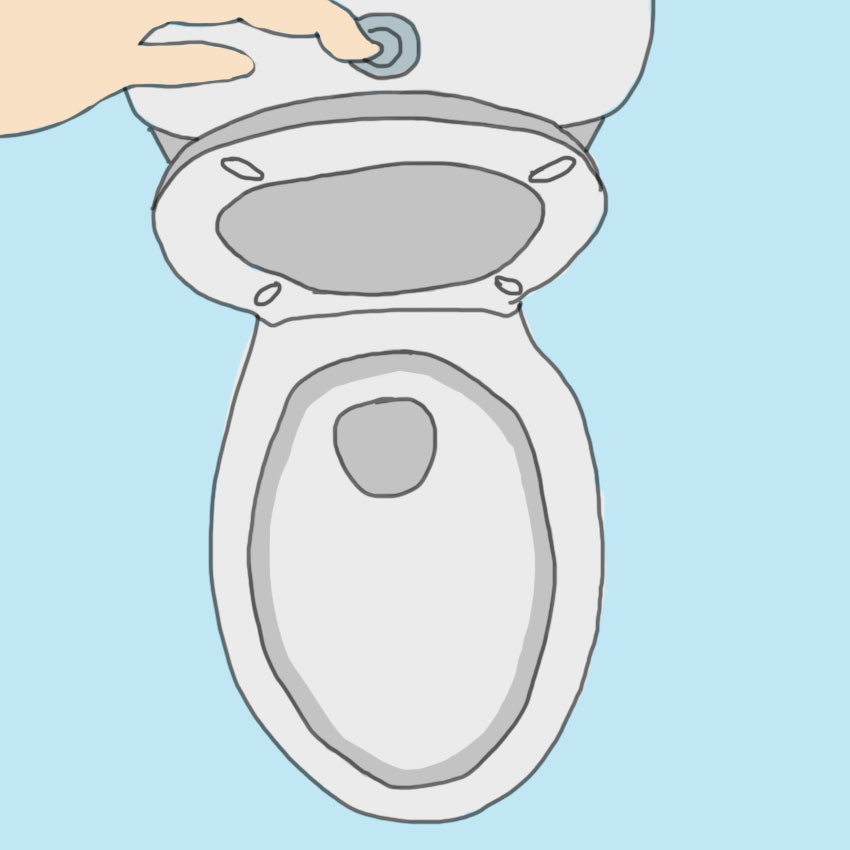
If something is obstructing or affecting your lower digestive system, you may notice it first in the toilet.
Keep an eye out for bowel movements that are narrow or ribbon-like, a sign of digestive change.
If you notice blood in your stools, or dark, tarry stools, consult your doctor.
Your Abdomen Always Feels Cramped
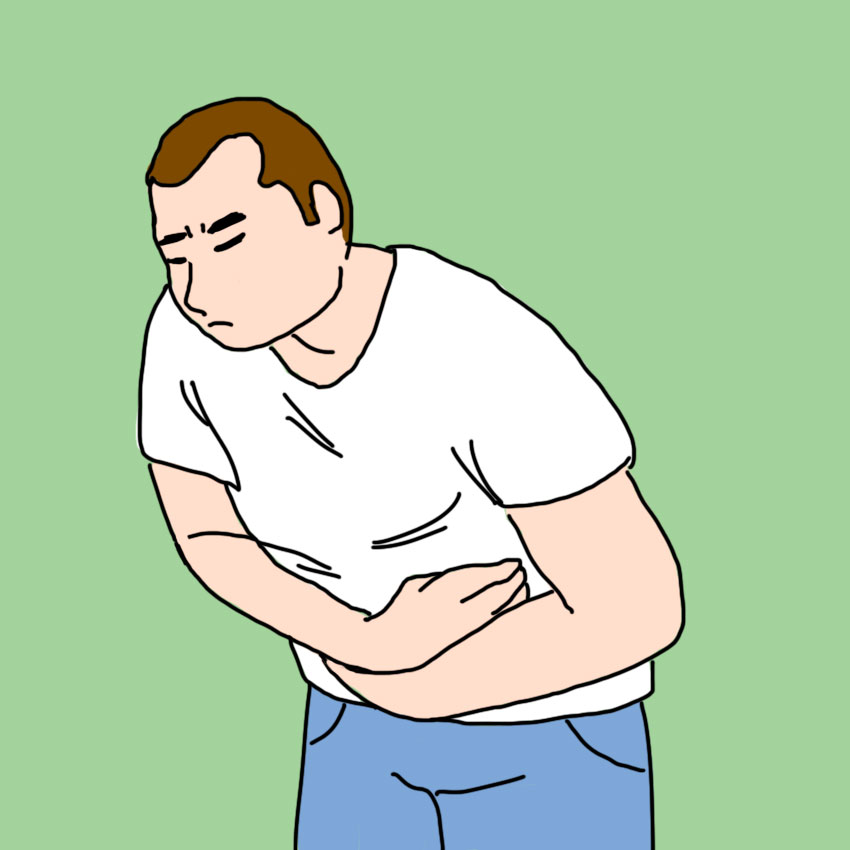
Everyone gets bloated from time to time, but if you notice constant gurgling and cramping in your lower abdomen, you may need to get things checked out.
The discomfort could be caused by anything from constipation (defined as having three or fewer bowel movements a week) to IBS, but any chronic digestive pain is worth keeping an eye on.
You Have A History Of Tummy Trouble
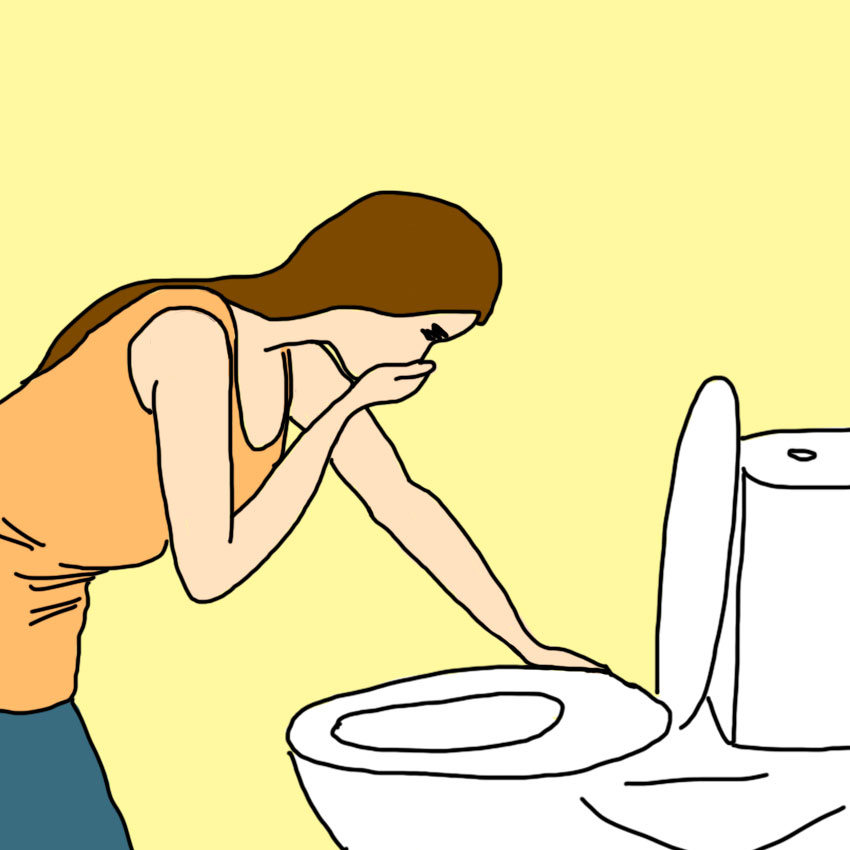
If you have an exceptionally sensitive stomach, you might be at a higher risk for other forms of digestive discomfort and illness.
This includes any history of chronic digestive sickness: Crohn's disease, diverticulitis, and even bad acid reflux are all potential warning signs that you have to be extra-vigilant when it comes to preventative care.
Your Diet Isn't Exactly Healthy
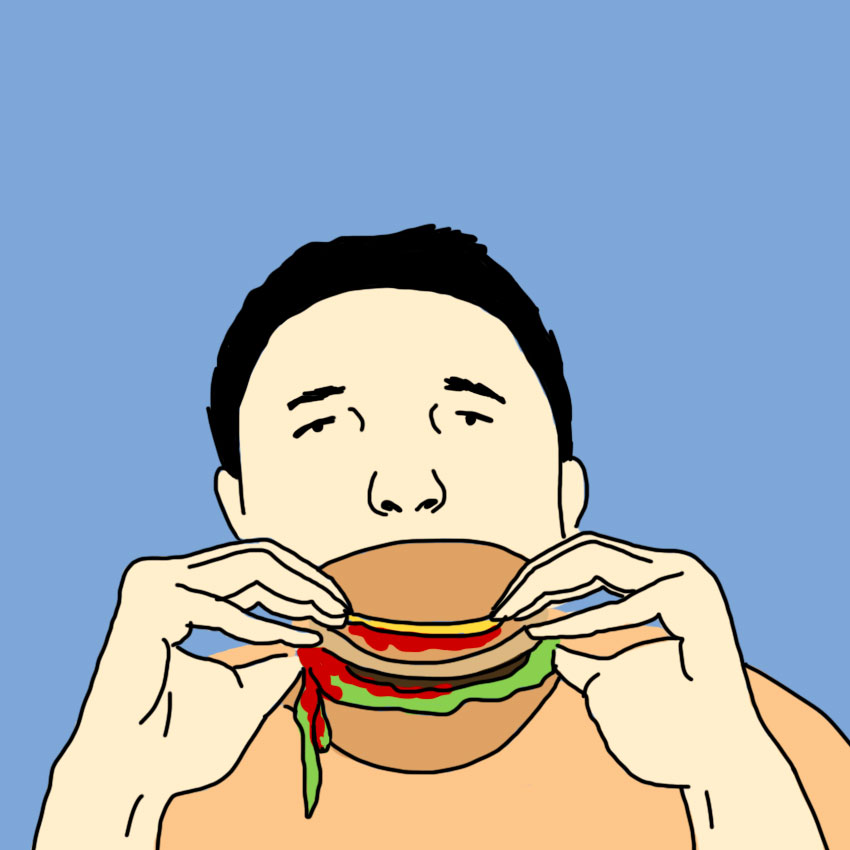
This isn't a groundbreaking piece of advice, but it's still very true!
Eating a diet that's high in saturated fats and sugars can increase your risk of most health troubles.
It's especially important to watch your intake of red meat, processed or luncheon meats, and meats that are fried or grilled, all of which can increase your risk of colon disease.
You're A Smoker

Most people already know that smoking is a major risk factor for lung cancer.
What lots of people don't realize? Tobacco is loaded with carcinogens, or cancer-causing chemicals. Inhaling them can spread those chemicals all over your body, increasing your overall risk.
The best thing you can do is enter a program to quit, and make sure you're being vigilant about your health!
You're A Survivor
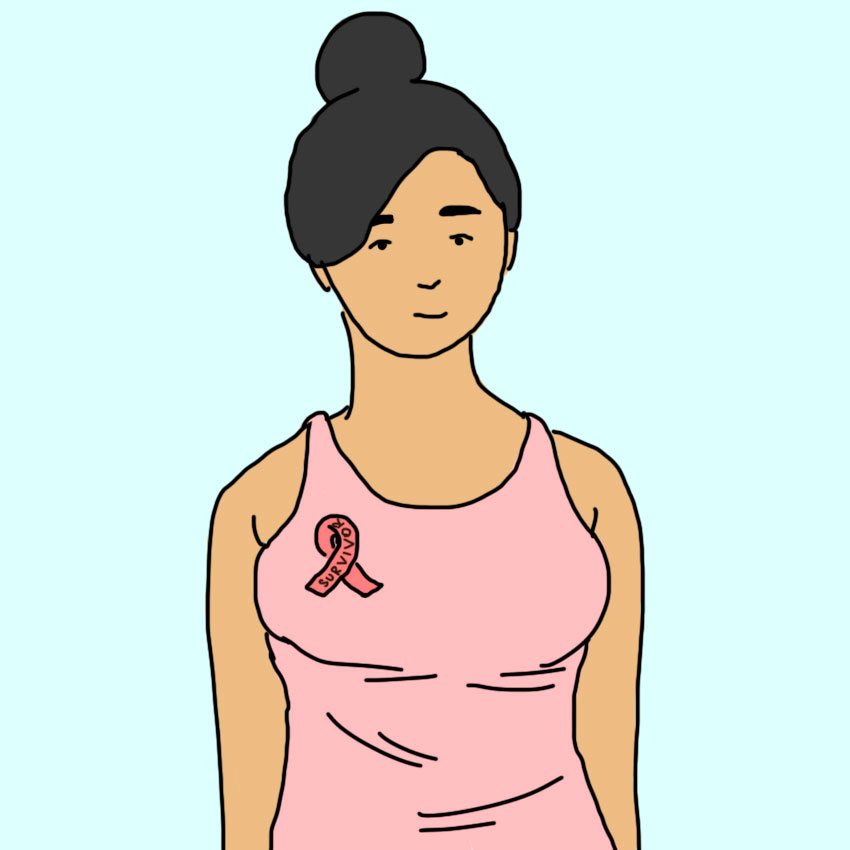
If you've survived cancer in the past, you may be at greater risk for developing other malignancies in the future.
The good news is, you already know that you're a warrior, and you're likely to be very proactive about your health.
Just make sure to schedule regular appointments with your doctor, so you can tackle any emerging problems at an early stage.
Do any of these risk factors apply to you?
If so, call you doctor today, and don't forget to SHARE to keep friends and family in the loop about preventative care!




